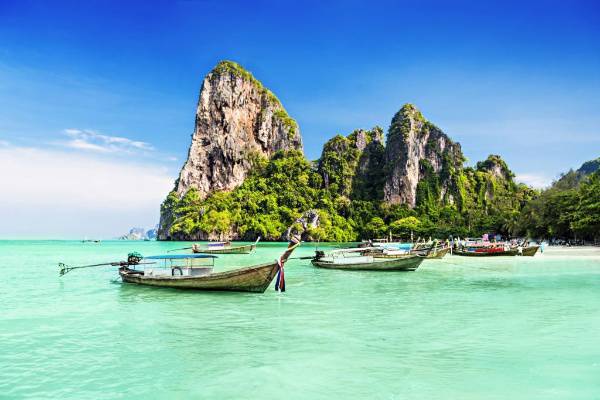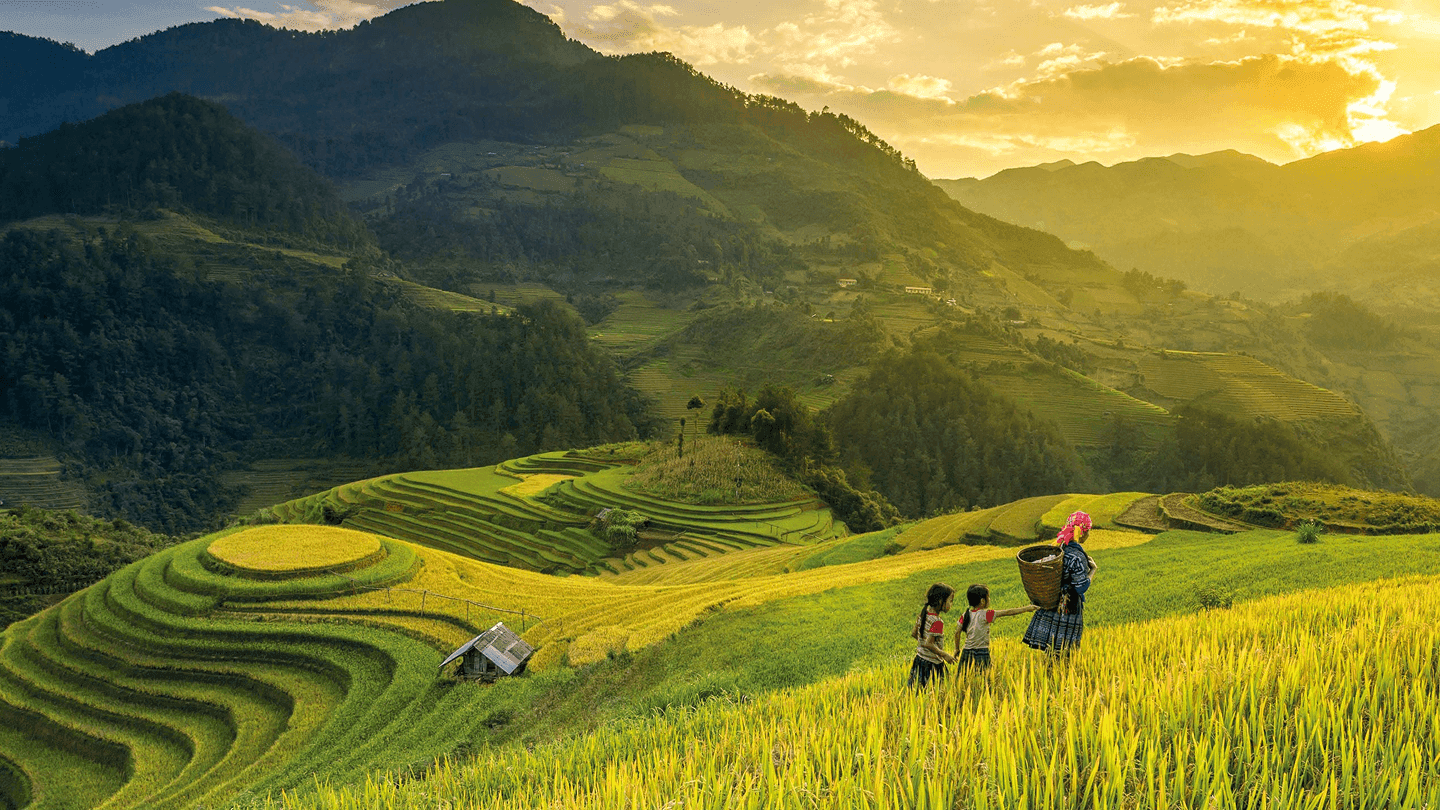Religion in Thailand
In Thailand, Theravada Buddhism plays a central role in shaping both daily life and culture. Practiced by the majority, it influences everything from family traditions to rituals, with monks being highly respected. The country also embraces religious tolerance, allowing peaceful coexistence with other faiths.
The official religion in Thailand is Theravada Buddhism, which forms the foundation of Thai culture and is practiced by approximately 95% of the population. Introduced to the country in 329 BCE, Buddhism has a strong influence on the daily lives of the Thai people, and monks are highly respected figures. However, religious tolerance is a key positive aspect of Thai culture, allowing for the peaceful coexistence of other religions, such as Islam (4%), Christianity (1%), and Hinduism.
Every man in Thailand considers becoming a monk, even if just for a short period, to gain honor and accumulate merit within the family. Typically, the time spent in a monastery is about three months, often beginning in July, when the rainy season starts, and lasting until the end of September. It may also coincide with the death of a relative. This period of withdrawal from the world to focus on meditation is called "phansaa."
More than the philosophical aspects of Buddhism, the practical aspects are highly evident. Monks are deeply integrated into the everyday lives of the population. They conduct blessings for weddings and new ventures, and they also determine the ideal locations for burial sites. It is their responsibility to decide where cemeteries should be built. Identifying an appropriate burial site is especially important. If the site is deemed suitable, the deceased can peacefully depart, leaving behind all earthly ties.




 English
English
 French
French
 Italian
Italian









